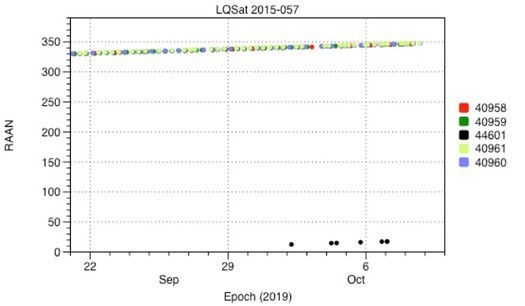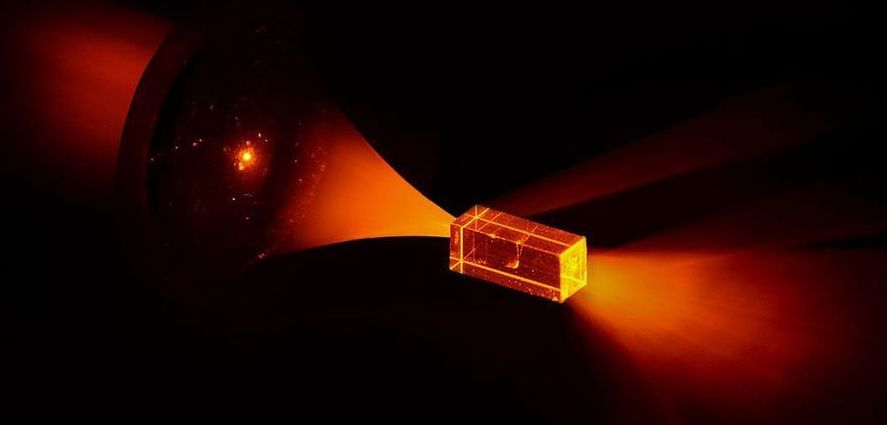
There are many satellites in space and we know which launch put most of them up there. But there are a number of them that are not associated with a specific launch, though it would be desirable to identify which put them into orbit. This article is about a technique which could help associate objects in space with particular launches, one that I am currently developing. But let’s start with some background information: what do we know about most satellites?
First, there are several catalogs of satellites. These are lists of satellites and information about them, and are maintained by different organizations. What are these catalogs? I have written a couple of articles that have appeared here that give some background, such as one about overlooked satellites (see “Acknowledging some overlooked satellites”, The Space Review, June 12, 2017), while another discusses why some satellites are in some catalogs and not others (see “Time for common sense with the satellite catalog”, The Space Review, April 10, 2017).
The US Air Force maintains the default world official satellite catalog and assigns official satellite numbers and “international designators,” which state what launch each object is associated with. The Air Force gets observations from many sites, radar and optical, around the world and uses them to generate and maintain orbital parameters for satellites. That is how they know which object is from which launch. That international designator is very important when a satellite reenters: the country that owns a satellite that reenters is responsible for any damage caused when it impacts the ground. Also, for satellite collisions, the country that owns a satellite that “causes” a collision is responsible for damage.

















